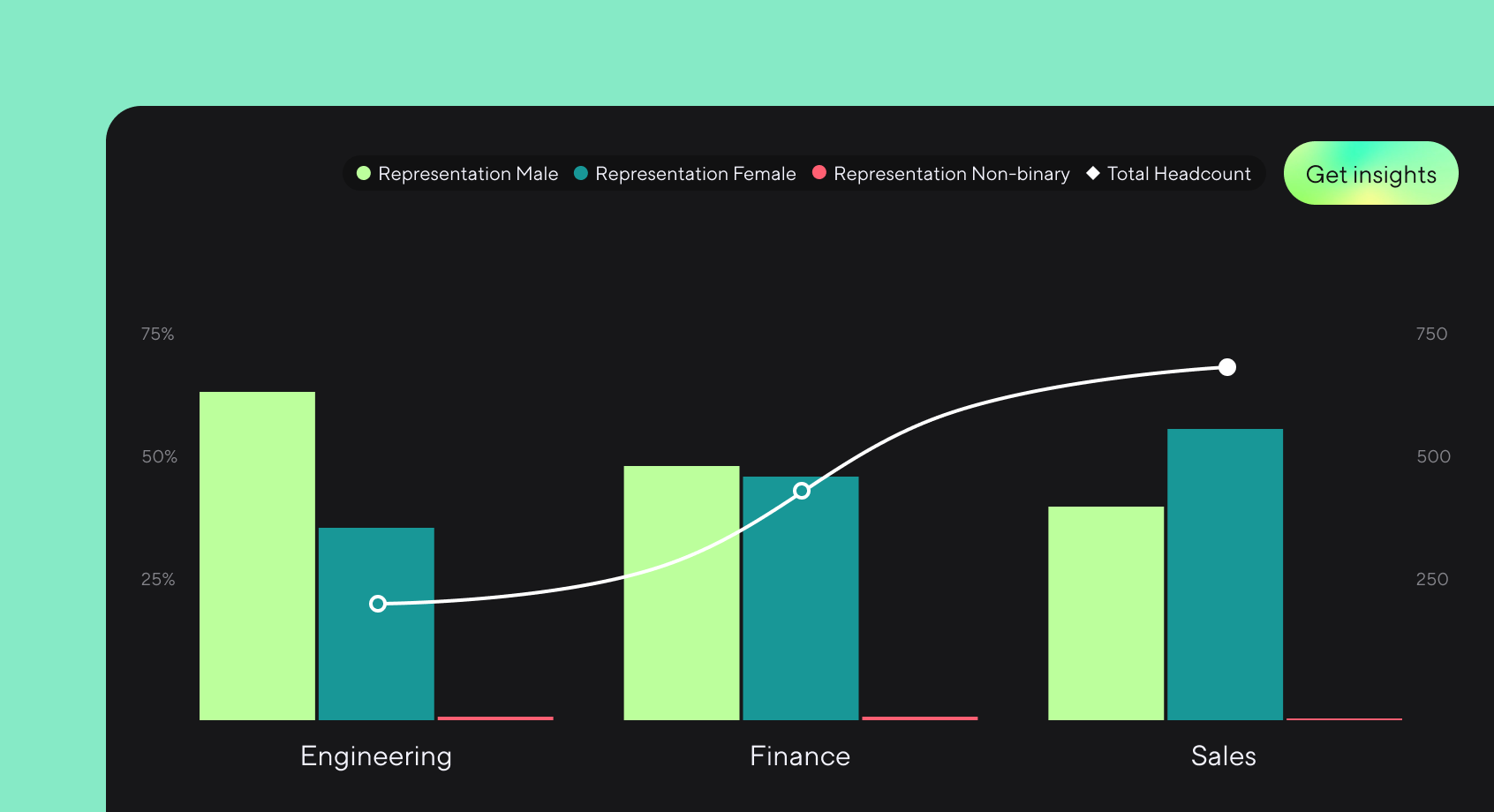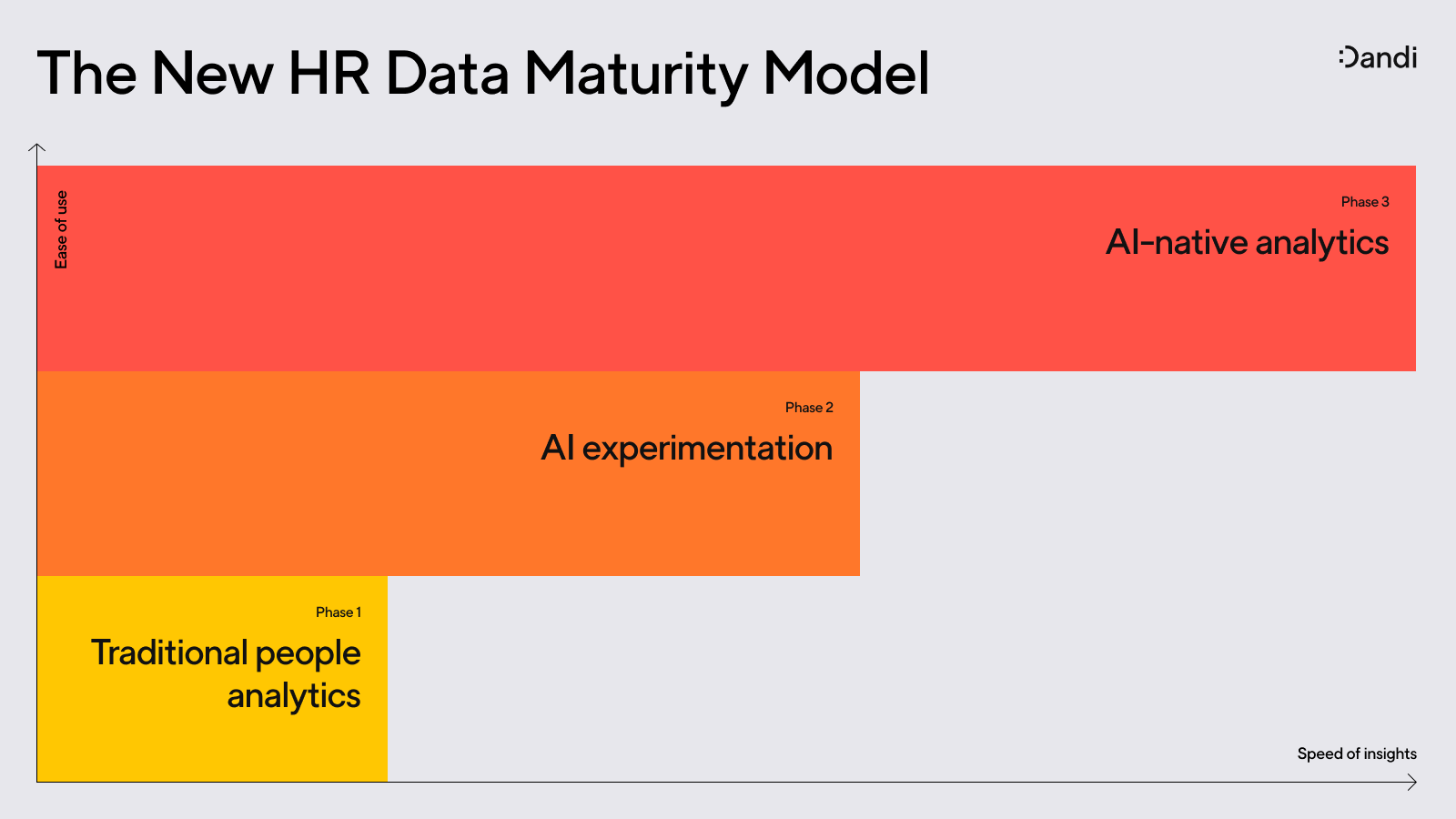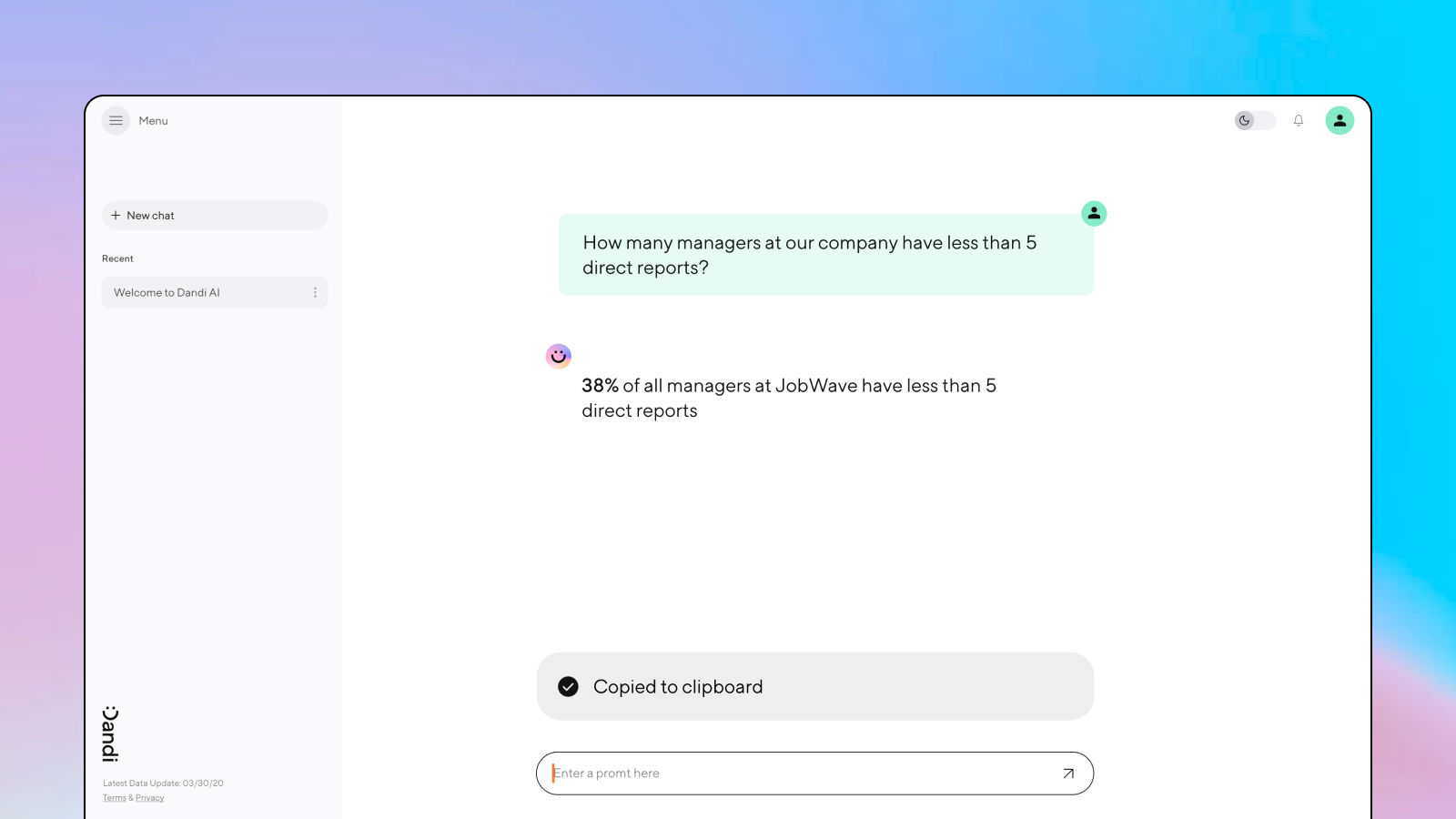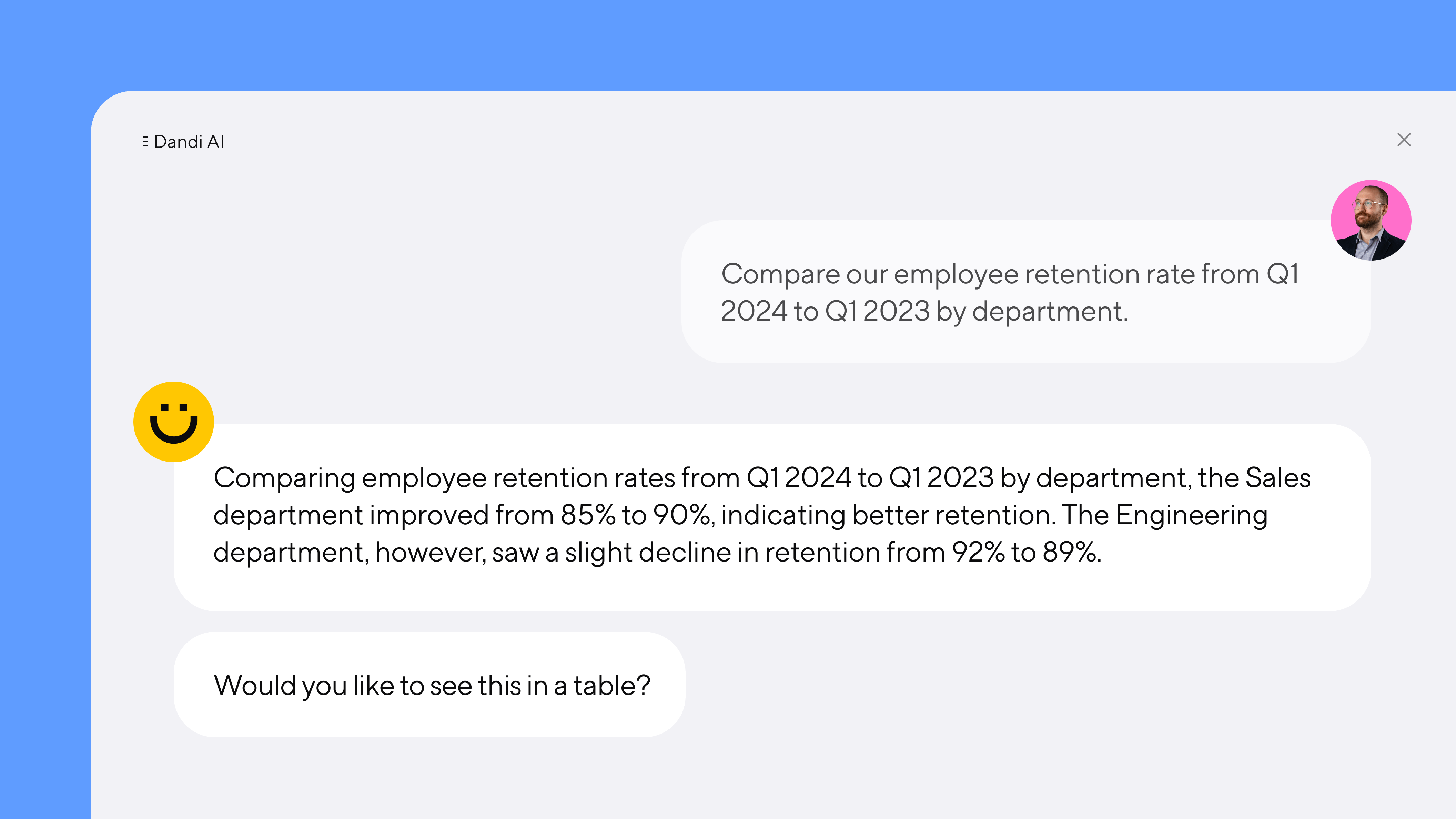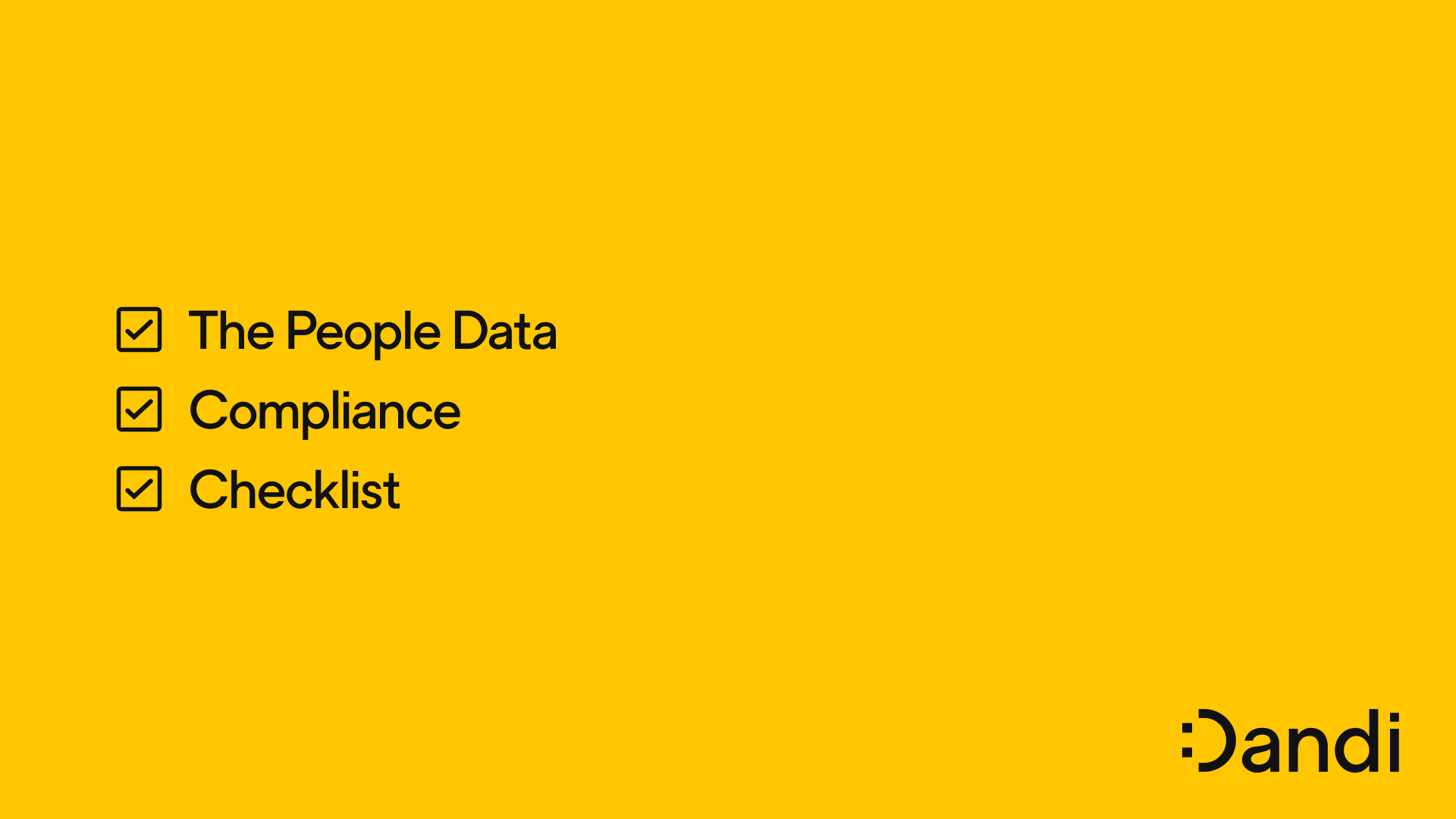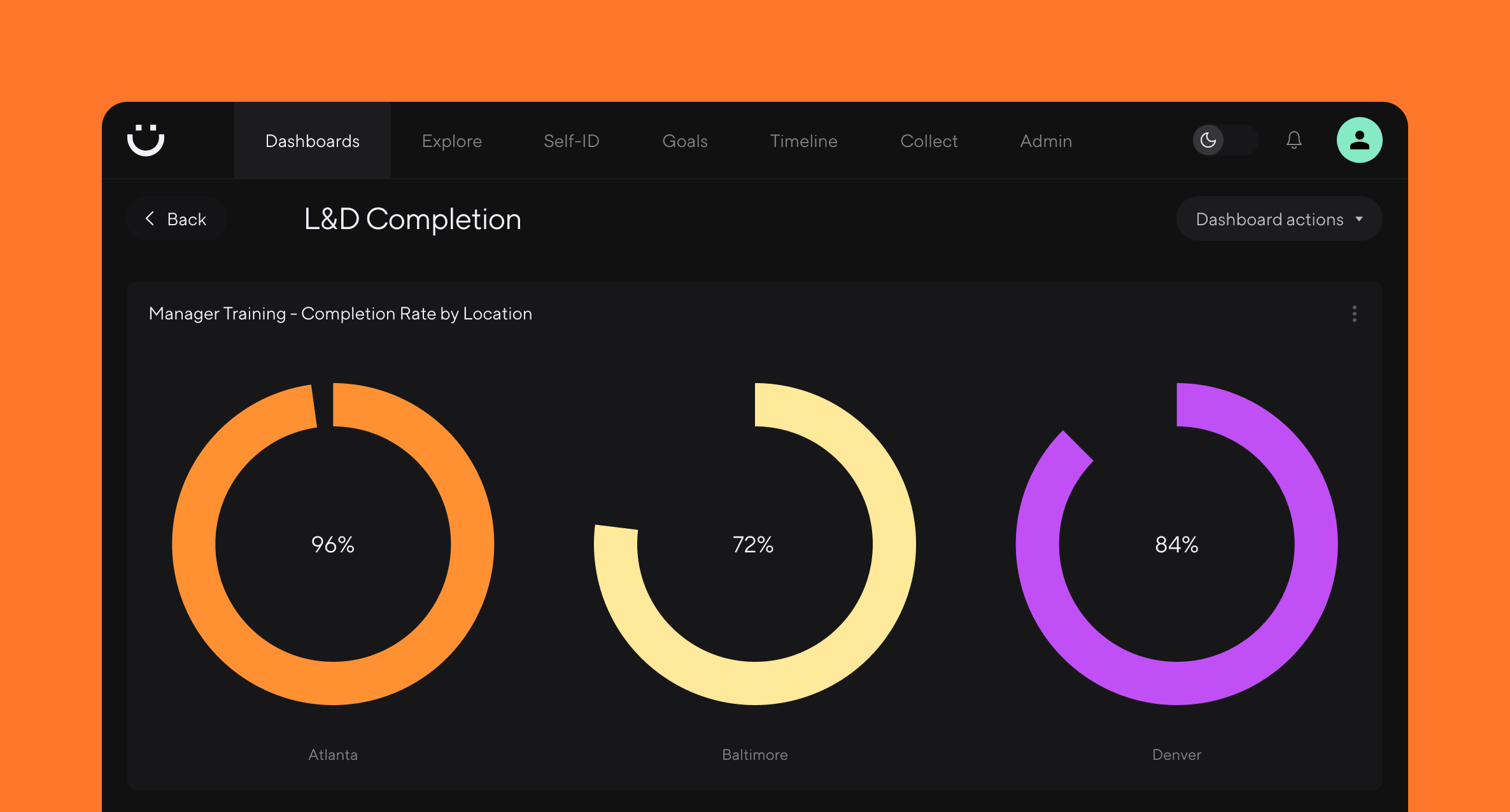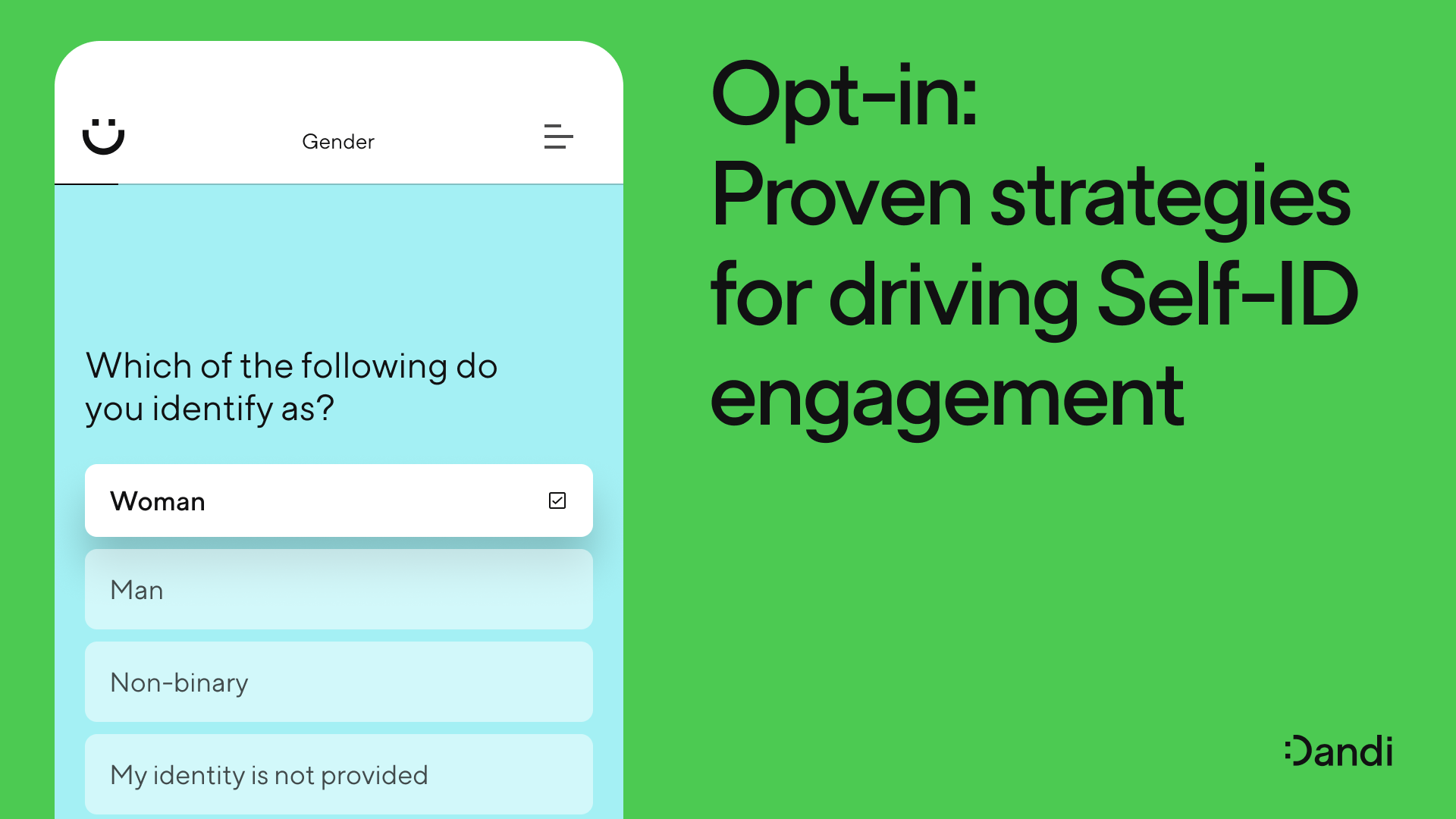3 tactics for navigating the DEI culture wars

Jason Gong – Nov 15th, 2023
DEI has become a flashpoint in cultural and political dialogue. That's why it’s crucial for every DEI practitioner to prepare and plan accordingly.
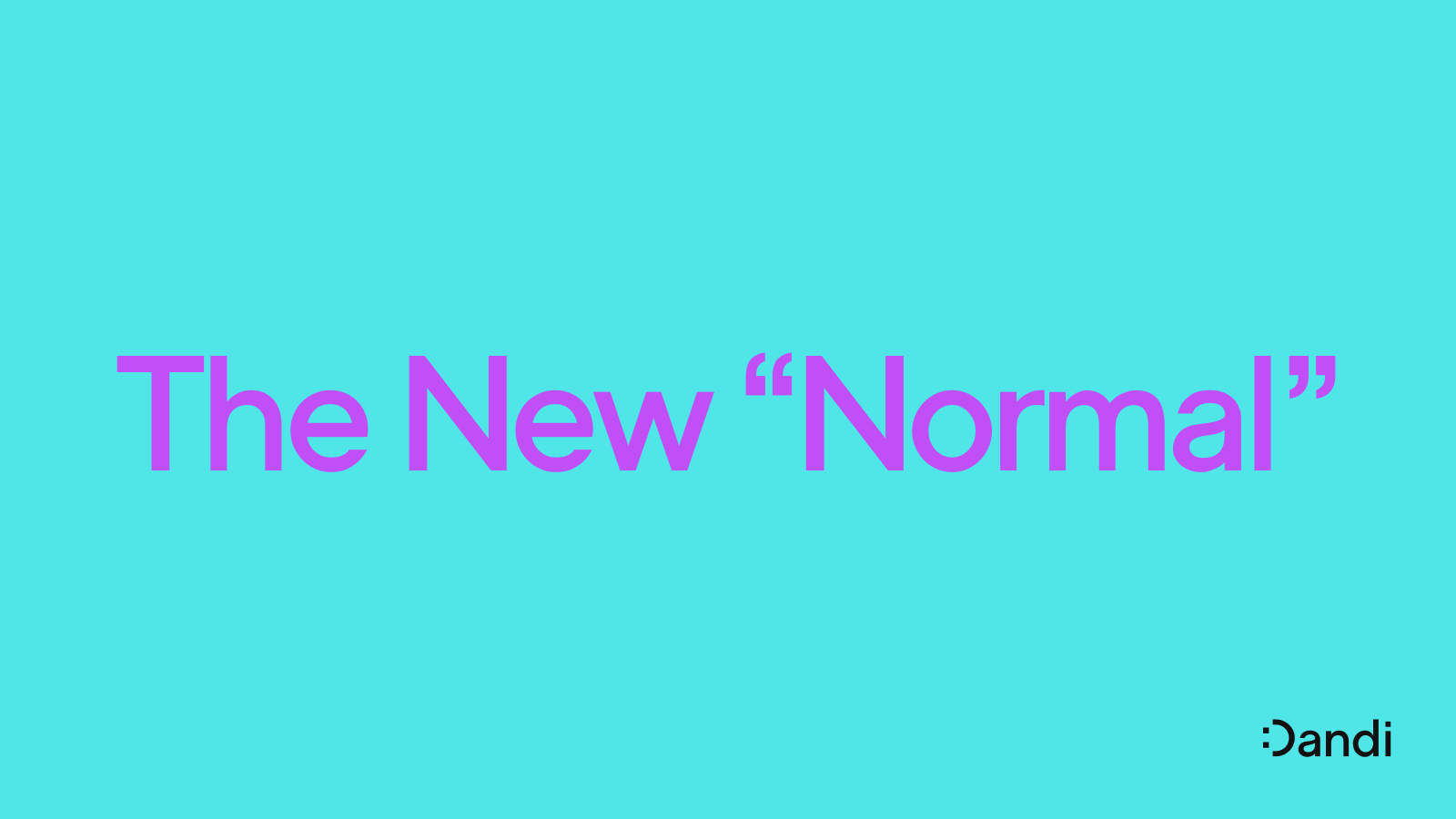
This past summer, the fast food chain Chick-fil-A came under fire from conservatives who discovered that the restaurant employed a Vice President of DEI. Given Chick-fil-A’s history of supporting anti-LGBTQ policies, you would be forgiven for assuming diversity, equity and inclusion probably weren’t top priorities at the company. But this isn’t the case.
Chick-fil-A’s DEI leader had already been in the role for more than a year. And Chick-fil-A had in fact already published Corporate Social Responsibility reports in 2020 and 2021 and had an entire page on their website outlining their commitment to “embedding Diversity, Equity and Inclusion into everything we do,” while citing three core tenets: Ensuring equal access, valuing differences, and creating a culture of belonging.
Now these are some pretty solid DEI principles if you ask me!
They speak to identifying and eliminating systemic barriers to progress and promotion, intentionality in recognizing and valuing differences as strengths, and fostering a culture that enables all employees to reach their full potential.
These are practices that are good for ALL people, not just some people. So why was Chick-fil-A being dragged on social media instead of being celebrated? If Chick-fil-A isn’t safe to practice DEI, is anyone?
How did things get to this point? And where do DEI practitioners go from here?
DEI jumped from the fringes to the center of discourse
Over the last decade, DEI has gained significant recognition as a business-critical discipline in companies around the world. Following the murder of George Floyd, DEI went from being a niche business function, to one of the most polarizing topics in contemporary political discourse.
As a DEI practitioner of 20 years, I’d never seen anything like this before. Video capturing the callousness and sheer brutality of Floyd’s murder forced the entire world to acknowledge and reckon with something Black, Brown and marginalized communities the world over have always known: that systemic and institutionalized racism was still alive and well.
The collective shock was followed by a collective sense of shame among business leaders across every industry, and they quickly mobilized; they hosted company town halls, made bold DEI statements and commitments to the tune of billions of dollars invested in hiring more minorities, supporting underprivileged communities and hiring new DEI leaders and consultants to build transformative DEI strategies.
The rise of populism, fear of change, and a misguided perception of DEI as a zero-sum game have made for DEI work more difficult now than ever before.
After three years and many billions of dollars spent, measurable progress still seems difficult to quantify.
The reasons that have brought us to this point are nuanced and fraught with complexity, but one thing is certain; we are living in a climate where the very principles of DEI are under attack. And while there have always been strong and vocal opponents to DEI work, there is an unprecedented level of scrutiny that has many practitioners, advocates and allies wondering: is this the new normal?
Several factors have contributed to the wave of backlash:
Political and ideological differences: DEI discussions often intersect with political and ideological beliefs, which makes these conversations inherently personal and emotional for many. People across the political spectrum may have contrasting views on how to address issues related to diversity and inclusion, and underdeveloped skills in recognizing their own biases. This can lead to polarization, as individuals may approach the topic from fundamentally different perspectives.
Misunderstanding of intentions: Some people perceive DEI initiatives as an attempt to prioritize certain groups over others, leading to a backlash against these efforts. There can be misunderstandings about the goals and motivations behind DEI initiatives, with some perceiving them as reverse discrimination or as promoting unequal treatment.
Fear of change: At its core, DEI work is change management that challenges established systems and norms, which can evoke fear and resistance from those who benefit from the existing power structures. Some individuals may resist efforts to promote diversity and inclusion because they perceive it as a threat to their own privileges or as a disruption to the status quo.
Group identity and tribalism: People tend to align with groups that share their beliefs and values, leading to the formation of echo chambers. The prevalence of misinformation across social media and other platforms has fostered a climate where people are less likely to trust information or people whose values aren’t aligned with their own. When individuals perceive DEI discussions as a threat to their own group identity, it can contribute to an “us vs. them” dynamic.
Overgeneralization and extremism: In any polarizing discussion, there can be individuals who take extreme positions or make sweeping generalizations. This can lead to a breakdown of productive dialogue, as nuance and complexity are often lost. Extremist viewpoints on both sides of the DEI debate can fuel polarization and make it difficult to find common ground.
The rise of populism, fear of change, and a misguided perception of DEI as a “zero-sum” game have made for DEI work more difficult now than ever before.
The chilling effect of the SCOTUS ruling
Legally speaking, the Supreme Court’s decision to strike down affirmative action in college admissions has no direct bearing on private employers. Nevertheless, the implications of this ruling are already being felt in the corporate world.
Recent lawsuits, shareholder letters, and petitions to the Equal Employment Opportunity Commission, give an indication for what’s in store as conservative activists are arguing that policies and programs designed to empower and safeguard the rights of ethnic minorities are discriminatory towards White people:
- Amazon has been sued in Texas over a program offering an extra $10,000 to Black- or Latino-owned delivery-service contractors
- Comcast settled a case accusing it of illegally favoring minority-owned small-business customers with grants and marketing advice
- Starbucks directors and executives are being sued by a shareholder arguing they violated their duty to investors by supporting diversity policies
Efforts to undermine and eliminate corporate DEI practices are by no means new, but opponents emboldened by the SCOTUS ruling are riding the momentum.
3 steps for navigating the new normal
With so much energy and resources being invested in resisting DEI efforts, the question is: how can you be successful and persevere as a DEI practitioner, advocate, and ally in this current climate?
Here are 3 practical strategies that DEI practitioners can employ:
1. Strengthen allies and build coalitions
You’ve probably heard this before, but in the business of DEI, your network truly is your net worth. It is critical for DEI practitioners to cultivate a robust network of allies and build coalitions to amplify their impact. Practitioners know better than anyone the emotional tax that comes with this work and surrounding yourself with allies is critically important for your mental and emotional health.
Engaging with senior leadership, ERGs and other key stakeholders across the business is crucial to ensuring you get the support, resources and visibility necessary to succeed.
2. Leverage data and evidence-based approaches
DEI has historically been framed as a high-cost/low impact effort. Now more than ever, data and evidence-based approaches play a critical role in the success and longevity of DEI initiatives. DEI practitioners should collect and analyze data to demonstrate the impact of their work on organizational outcomes.
Lean into intersectional employee representation metrics; explore employee engagement, advancement, retention and attrition rates, which can provide more nuanced insights into the challenges and strengths of your organization’s culture.
3. Effective communication and storytelling
Data alone and without context often isn’t enough. Effective communication is paramount in promoting the importance and efficacy of your work. By framing DEI as fundamental values that align with your organization's mission, vision, and objectives, practitioners can bridge gaps in understanding and mitigate resistance.
And if you feel safe to do so, sharing personal stories and anecdotes can humanize the impact of DEI, fostering empathy and more meaningful connections. Delivering messages with clarity, empathy, and confidence can help you build consensus with a broader audience than you may have imagined.
While it can be demoralizing to witness the current backlash against DEI, it isn’t surprising, and the reality is that these attacks aren’t relenting any time soon. That's why it’s crucial for every DEI practitioner to prepare and plan accordingly.
Our work is more important than ever and sustaining progress requires that we adapt and employ strategies to ensure the success and sustainability of DEI initiatives everywhere. By strengthening alliances and crafting compelling, data-driven narratives, DEI practitioners can foster success and transform organizations into truly equitable, inclusive and safe spaces.
More from the blog
Announcing more powerful Dandi data visualizations
Team Dandi - Oct 23rd, 2024
The New Maturity Model for HR Data
Catherine Tansey - Sep 5th, 2024
Buyer’s Guide: AI for HR Data
Catherine Tansey - Jul 24th, 2024
Powerful people insights, 3X faster
Team Dandi - Jun 18th, 2024
Dandi Insights: In-Person vs. Remote
Catherine Tansey - Jun 10th, 2024
Introducing Dandi AI for HR Data
Team Dandi - May 22nd, 2024
5 essential talent and development dashboards
Catherine Tansey - May 1st, 2024
The people data compliance checklist
Catherine Tansey - Apr 17th, 2024
5 essential EX dashboards
Catherine Tansey - Apr 10th, 2024
Proven strategies for boosting engagement in self-ID campaigns
Catherine Tansey - Mar 27th, 2024
